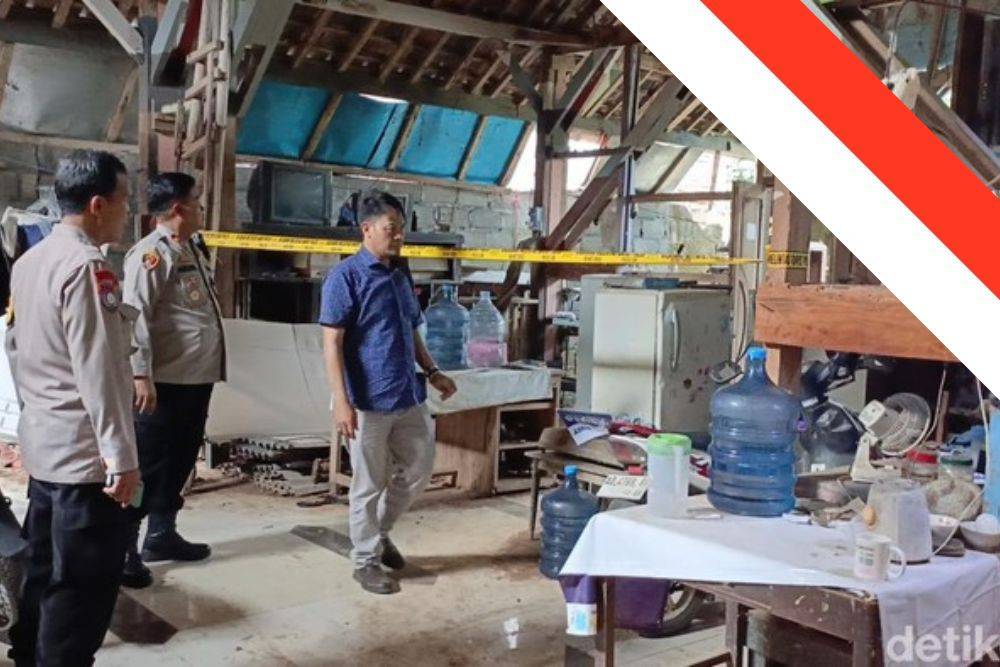Indonesians were shocked by the news of the controversial practice of a 63-year-old man with the initials NY in Semarang. NY, a boarding house owner, claimed to have been regularly consuming stray cat meat in an attempt to treat his long-standing diabetes.
This stunt has caught the public’s attention, creating widespread concerns about the safety and ethical concerns of consuming cat meat.
NY’s journey in dealing with diabetes
NY started his cat meat habit after hearing unsubstantiated information about cat meat’s potential to lower blood sugar levels. Within a year, he had consumed meat from 10 stray cats that he caught herself in her neighbourhood. Despite believing the meat had special properties, his actions led to a wave of condemnation from the public. They questioned the actual health effects and condemned the animal abuse involved.
The local police, led by Police Commissioner Agung Raharjo, revealed that NY believes cat meat can treat diabetes, a claim that has no valid scientific basis. NY’s statement adds to a string of cases where people have adopted untested treatment methods without consulting medical professionals, potentially jeopardising their health.
Dangers of Cat Meat Consumption
From a medical perspective, cat meat consumption not only provides no health benefits but also poses serious risks. Dr Lutfie, SpPD, an internist from Primaya Evasari Hospital, explains that to date, there is no scientific evidence to support claims that cat meat can cure or alleviate the symptoms of diabetes. The disease, which is caused by impaired blood sugar metabolism, requires measured treatment and is supported by legitimate medical research.
Cat meat, especially from wild animals, has never been considered a safe food source. Cats, especially wild ones, are at risk of being infected with various dangerous pathogens. One of the most recognised is Toxoplasma gondii, a parasite that can cause toxoplasmosis in humans. Toxoplasmosis can cause a variety of serious health problems, including to the central nervous system and other internal organs. In addition, cat meat consumption can also potentially lead to bacterial infections such as Salmonella and Campylobacter. These can cause severe gastrointestinal distress.
Greater Health Risks
Eating cat meat is not only a personal health issue, but also poses a risk to public health. Wild animals are often exposed to various environmental pathogens that can be transmitted to humans through the meat they consume. This increases the risk of spreading zoonotic diseases, which are diseases transmitted from animals to humans. In the case of NY, poor animal health surveillance and care, as well as unhygienic living environments, further exacerbate the potential for disease transmission.
Another risk is the possibility of antibiotic resistance. Feral cats exposed to various diseases often harbour drug-resistant bacteria, which, when introduced to the human body, can cause infections that are difficult to treat. This poses a serious threat to public health, given the increasing cases of antibiotic resistance worldwide.
Diabetes and Proper Treatment
Diabetes is a disease that requires proper medical treatment. Unproven treatment methods, such as cat meat consumption, are not only ineffective but can also divert patients from the treatment they should be on. Proper diabetes management involves a combination of diet, physical activity, and the use of medication as advised by the doctor.
The public needs to understand that any medical intervention must be based on strong scientific evidence. Many alternative treatments circulating in the community, including myths about the efficacy of cat meat, have no scientific basis and often only give false hope to patients. It is important to emphasise this so that no more people fall into unsafe practices.
Public Education and Awareness
This incident shows the need for increased health education in the community, especially regarding the treatment of chronic diseases such as diabetes. Appropriate and evidence-based information must be conveyed to the public to avoid the adoption of unproven and risky treatment methods. The government and health institutions must play an active role in providing education, both through public campaigns, health seminars, and direct counselling to the community.
In addition, the awareness to always consult with medical professionals before trying new treatment methods should be instilled. Information spread in the community, especially through social media, is often inaccurate and can be misleading. Therefore, the role of the media in presenting correct and accountable information is very important.
Protecting the public from harmful practices
The government also needs to tighten regulations regarding alternative medicine that has no proven effectiveness. Stricter supervision of traditional and unconventional medicine practices should be conducted to ensure that the public is not harmed by misleading information. Strengthening regulations should also include the protection of animals, to prevent acts of violence such as that of NY, who sacrificed cats for unclear medicinal purposes.
Medical professionals should continue to advocate the importance of using proven and scientifically recognised treatment methods. Regular consultations with doctors should be a priority for every individual suffering from chronic diseases, to ensure that the treatment is the best and safest.
Have a pressing question for a doctor? Medical Channel Asia has launched a community forum page where you can get questions answered by a medical specialist. Visit the community forum here.

